As a teacher who has helped a lot of students write the IB extended essay, one of the first things they always ask is, “Which IB EE group should you pick?” This choice may seem easy, but it can affect how you write and what grade you get. Your IB EE group is more important than you think, whether you want to impress college admissions or just want to get into a subject you already like.
I’ll explain everything to you, from how the groups work to what might work best for you and even what to do if you’ve already decided but aren’t sure about it.
What Is an IB EE Group?
The IB divides all subjects into six formal groups. It is not permitted to include components from two unrelated areas in your extended essay; it must be consistent with one group. This criterion is only broken if you’re taking an interdisciplinary World Studies EE, which permits a mixed approach. However, that’s a unique situation that we’ll discuss at a later date.
Every IB EE group has its own set of subject-specific requirements, research expectations, and investigative techniques. Although the extended essay’s main elements—the introduction, research question, body part, and conclusion—are all the same, each group has a very different method for arriving at these elements.
To help you understand better, here are the six IB EE groups you can pick from:
- Group 1: Studies in Language and Literature – Essays focused on literary analysis, author comparison, or stylistic devices within a cultural context.
- Group 2: Language Acquisition – Essays might analyze texts, media, or language usage in social settings.
- Group 3: Individuals and Societies – Subjects such as History, Psychology, Global Politics, Economics, and Business Management.
- Group 4: Sciences – Biology, Chemistry, IB Physics, ESS, Sports, Exercise, and Health Science.
- Group 5: Mathematics – For students interested in mathematical modeling, statistical analysis, and theoretical investigations.
- Group 6: The Arts – Subjects like Visual Arts, Music, Dance, Theatre, and Film.
For instance, the definition of “analysis” in Group 4 (Sciences) is entirely different from that in Group 1 (Literature). So, the group you choose has an impact on everything, including the kinds of sources you’ll require and the format of your essay.
How to Decide Which IB EE Group You Should Pick?
From what I’ve seen, the best students pick an IB EE group that fits their skills, hobbies, and plans for the future. When those three things come together, writing the EE is a lot easier and has a lot more value.
Start With What You Like
From what I’ve seen, getting motivated is half the fight in researching and writing. If you like what you’re writing about, it will feel less like work and more like a chance to have fun. Therefore, ask yourself: What subject do I like to read, discuss, and think about?
A student I worked with once picked Group 3 (History) because he was so interested in the Cold War. That drive came through in every part of his extended essay, and yes, he did get an A.
Think About Your Best Subjects
Now, interest isn’t the only thing that matters. You’ll need to combine that with your real-world school skills. Group 4 might be a good fit if you’re doing well in Chemistry and your teacher backs you up. If your math grades aren’t excellent, on the other hand, picking Group 5 for extended essay writing might be risky, even if you’re interested in statistics.
Consider Your University and Career Goals
I also often tell students to make sure their EE topic fits with their goals for the future. Being good at Group 3 subjects like History or Global Politics might help you stand out if you want to study law. Do you want to study engineering? It makes more sense to put them in Group 4 (Sciences) or Group 5 (Math).
The kind of study you’ve already done does matter for some college programs, let’s be honest. Making a wise choice now will pay off in the long run.
What Are the Pros and Cons of IB EE Subject Groups?
I will write about the six IB EE groups below, including their pros, cons, and ideal student types for each.
Group 1 – Studies in Language and Literature
This group is great for students who enjoy reading, writing, and figuring out what things mean. Group 1 might be best for you if you often think about how authors use words to get their ideas across or if you love making links between books and real life.
This group of essays frequently compares literary works, examines a particular theme or pattern, or analyzes how a text reflects historical or cultural settings. You could look at Shakespeare and Chimamanda Ngozi Adichie next to each other, or break down how political worries show up in dystopian novels.
✔️ Pros
- Creative freedom in topic selection.
- It is a great opportunity to showcase original thinking and critical analysis.
- Strong essay-writing skills translate well here.
❌ Cons
- Subjective marking: examiners seek uniqueness, depth, and subtlety.
- Demands consistent attention to detail in reading and discussion.
Group 2 – Language Acquisition
Group 2 is often overlooked, but it offers exceptional study opportunities for students who are bilingual or interested in languages. You don’t just learn a language here; you also look into how it works in real life. One example would be to examine how a certain phrase is used in various social settings or to investigate the effects of translation in international news outlets.
Fluent speakers who like to think about how language fits into a larger cultural or social picture. This group might be right for you if you love using your French, Spanish, Mandarin, or any other IB Language B in real life and are learning it.
✔️ Pros
- Allows you to showcase your language and cultural skills.
- There is less competition between students in Groups 1 and 3.
- Examiners like original topics that are easy to remember.
❌ Cons
- Needs to be almost native-speaking, fluent, or very proficient.
- Complex sources in the target language may be necessary for research.
Group 3 – Individuals and Societies
In the IB world, this group is chosen the most often, and it’s easy to see why. A variety of subjects are taught in Group 3, including History, Economics, Psychology, Global Politics, Business Management, and others. Many students enjoy these topics because they feel they are about real-life issues.
You could write about how gender is portrayed in the media, how economic inequality affects individuals, or how social media affects people’s minds. Depending on your subject, this group, in my opinion, is a good place to conduct both qualitative and quantitative studies.
✔️ Pros
- The variety of topics makes it easy to find something that speaks to you.
- Chances to use both primary and secondary sources.
- It helps you write good college-level essays in the arts and social sciences.
❌ Cons
- There are high standards for organization, reasoning, and citation.
- You must remain objective and fair; bias can lead to a failing grade.

Need Help with Your IB Extended Essay?
Whether starting from scratch or fine-tuning your existing assignment to meet your supervisor’s demands, the BuyTOKEssay.com team is here to make your dream of a perfect paper a reality. Just buy an extended essay from our IB experts and say goodbye to writer’s block!
Group 4 – Sciences
Group 4 is an ideal environment for scientists. This could be an excellent fit for you if you love labs, hypotheses, and controlled variables. Biology, Chemistry, Physics, ESS, Sports, Exercise, and Health Science are some of the subjects.
The usual way to do an EE in Group 4 is to follow the scientific method: establish an issue, plan an experiment, gather data, analyze it, and come to a conclusion. I think this group gives students a clear and logical structure that many of them find pleasant.
✔️ Pros
- Structured approach with clear research methodology.
- Opportunities for hands-on work, such as experiments or fieldwork.
- Universities value strong research skills in STEM subjects.
❌ Cons
- Access to lab equipment and supervision can be limited.
- Experimental errors or a lack of data can complicate your research.
Group 5 – Mathematics
This IB EE group is the most specific, so it’s not for everyone. However, students who are good at math should choose Group 5, which is challenging as well as enjoyable. You could look into a mathematical model, learn more about chaos theory, or use probability theory in the real world.
Although there aren’t many students in this group, when they do work, I’ve seen some of the most original and well-scored pieces.
✔️ Pros
- Very few students choose this group—your work will stand out.
- High intellectual value and originality.
- Encourages abstract thinking and logical precision.
❌ Cons
- Requires extremely strong math skills and creativity in topic design.
- Finding enough content to reach 4,000 words can be difficult.
Group 6 – The Arts
Group 6 is an opportunity for the artistically inclined student to flourish. Visual Arts, Dance, Film, Music, and Theater Studies are among the subjects covered. Essays may examine a particular artist’s work, research a style or method, or even develop and assess your creative process.
This group, in my opinion, allows the most latitude for individual expression. But it also necessitates striking a balance between academic rigor and creativity.
✔️ Pros
- Expressive and deeply personal topics.
- Allows integration of creative work with academic analysis.
- Ideal for students building an art or performance portfolio.
❌ Cons
- Grading that is subjective—clarity and structure are very important.
- It needs a deep understanding of art theory and its historical background.
Final Thoughts on IB EE Group Selection
There are different rules, rubrics, and rhythms for each IB EE group, and the more you know about them, the easier it will be to choose the one that fits you best.
Still not sure which IB EE group to choose? Don’t worry; just ask your EE supervisor for help. Remember that making the right choice can make the difference between having a hard time with your EE and loving it. You can also get in touch with our experts at BuyTOKEssay.com. They are very good at writing both TOK and extended essays.
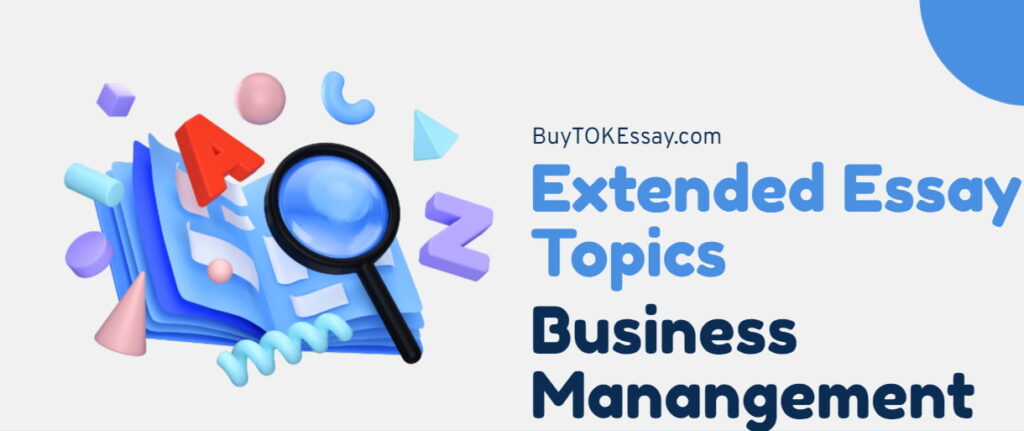
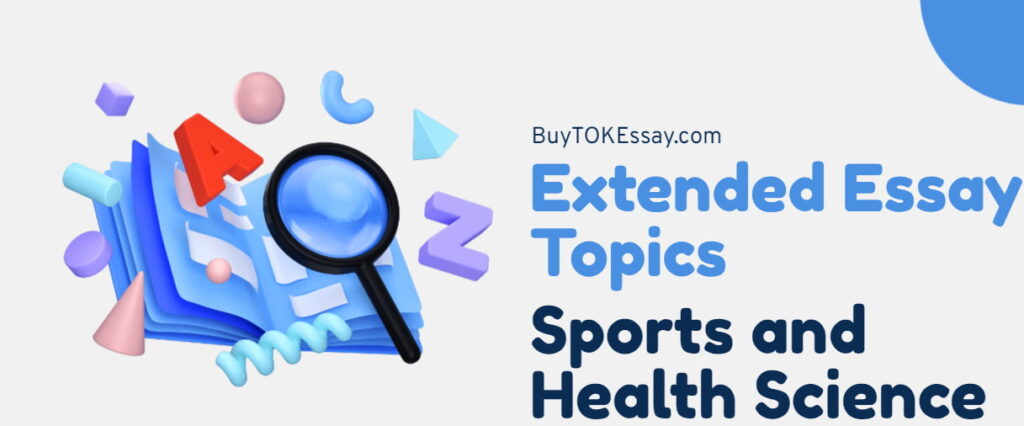
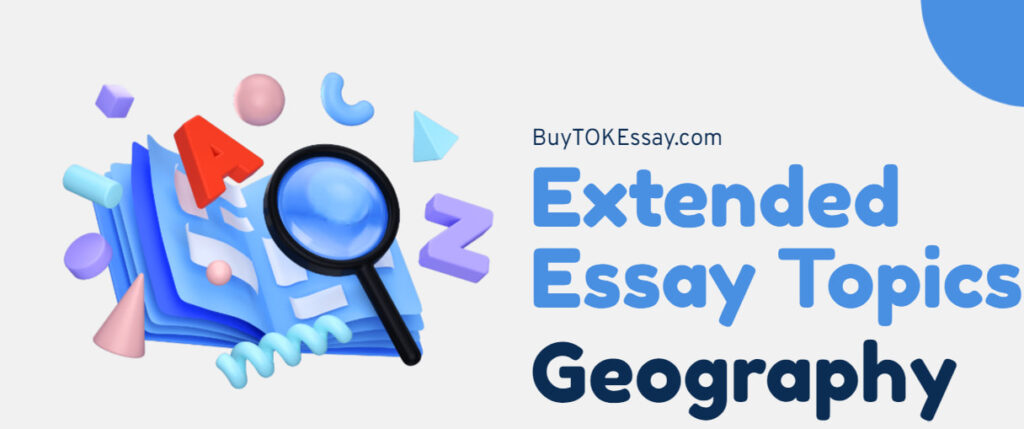
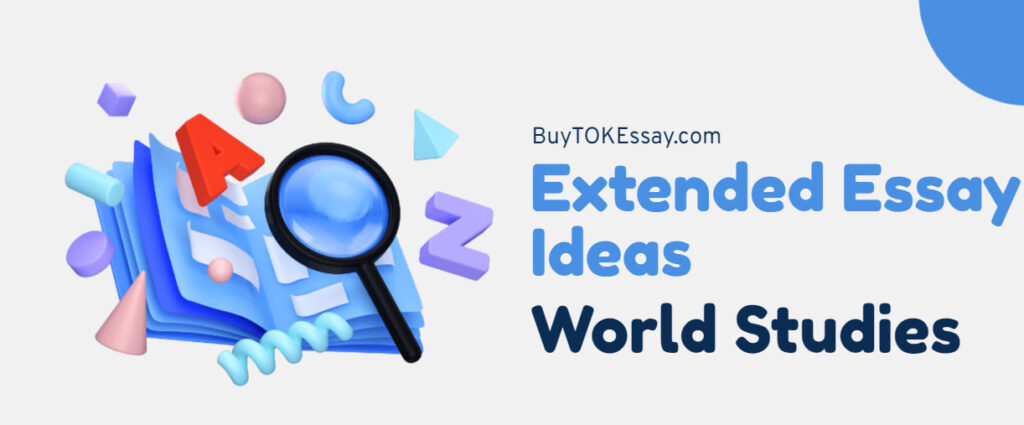
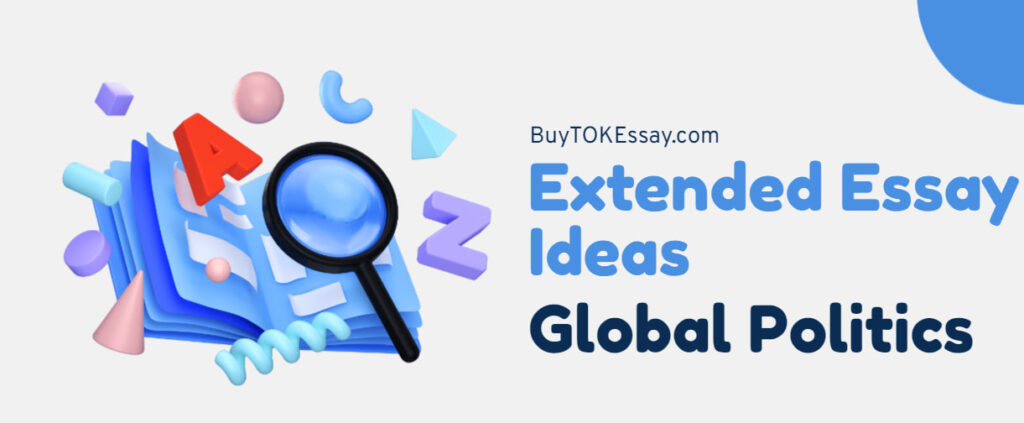
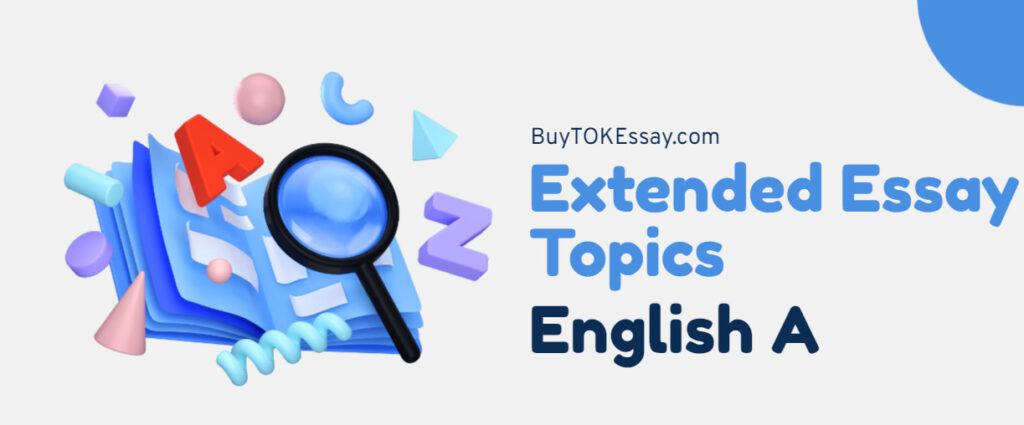
not tryna hate, but globalizing TOK and mixing everything sounds cool in theory… but probs a mess to grade? hoping teachers got better tips than just ‘mix with CAS lol
Hey, fair point — no hate taken 😄
You’re right that mixing ideas across subjects (especially in World Studies or interdisciplinary EEs) can feel chaotic at first. But the IB has actually improved how they assess these kinds of essays in 2025. The key is clarity and focus. They’re not grading you on how many areas you mention — they’re looking at how well you connect them to your research question and keep the essay structured.
As for the TOK/CAS overlap… yeah, throwing everything together without a clear plan can feel messy. Best trick? Choose one main subject group as your anchor and only bring in extra elements if they truly help your argument.